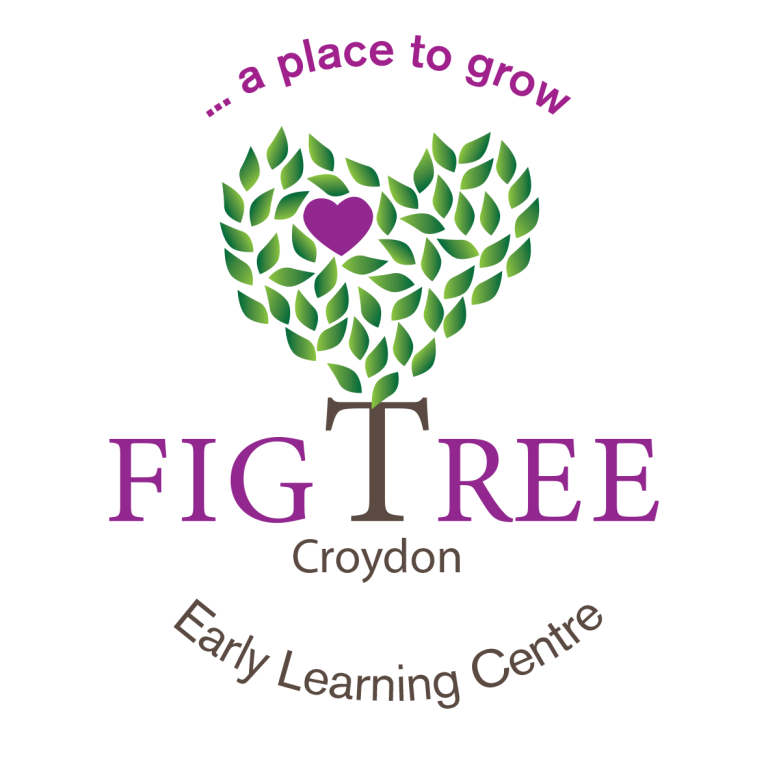Blog
Cultivating Inclusive Mindsets in Early Childhood: Strategies for Parents and Caregivers

In today’s diverse world, raising inclusive-minded children is more important than ever. As an inclusive childcare center, at Figtree Early Learning Centre Croydon, we understand the crucial role early childhood environments play in shaping children’s perspectives and attitudes towards others. Inclusivity isn’t just a buzzword; it’s a fundamental aspect of creating a harmonious society where everyone feels valued and respected.
Here are some effective strategies parents and caregivers can employ to foster inclusivity in young children:
- Lead by Example: Children learn through observation and imitation. Model inclusive behaviors by demonstrating kindness, empathy, and respect towards people from all backgrounds. Celebrate diversity within your own social circles and show genuine interest in learning about different cultures, languages, and traditions.
- Expose Children to Diversity: Introduce your child to diverse experiences, books, toys, and media that reflect various cultures, abilities, and family structures. Encourage them to ask questions and engage in discussions about differences in a positive and curious manner.
- Promote Empathy and Perspective-Taking: Help children develop empathy by encouraging them to imagine how others feel in different situations. Teach them to recognise and validate emotions, both their own and those of others. Reading books with characters facing challenges or from different backgrounds can spark conversations about empathy and understanding.
- Encourage Inclusive Language: Language shapes our perceptions and interactions. Encourage the use of inclusive language that acknowledges and respects everyone’s identity, including gender-neutral pronouns and avoiding stereotypes. Correct misconceptions gently and provide explanations when necessary.
- Create Inclusive Environments: Ensure that your home, childcare setting, and social activities are inclusive and accessible to all children. Provide books, toys, and learning materials that reflect diversity and challenge stereotypes. Organise inclusive events and activities where children can interact with peers from different backgrounds in a welcoming environment.
- Teach Problem-Solving and Conflict Resolution Skills: Help children develop the skills to resolve conflicts peacefully and constructively. Encourage them to communicate their feelings, listen actively to others, and find mutually beneficial solutions. Emphasize the importance of compromise, understanding, and forgiveness in building strong relationships.
- Celebrate Differences: Embrace and celebrate the unique qualities and talents of each child. Create opportunities for children to share their cultural traditions, languages, and experiences with others. Encourage collaboration and teamwork to highlight the strengths of diversity.
- Address Bias and Discrimination: Teach children to recognise and challenge bias, prejudice, and discrimination when they encounter them. Discuss historical and current events related to social justice and fairness in age-appropriate ways. Empower children to stand up for themselves and others in the face of injustice.
- Foster a Sense of Belonging: Create a sense of belonging and community where every child feels valued and included. Foster positive relationships among children and adults based on trust, respect, and mutual support. Celebrate achievements and milestones together, reinforcing the idea that everyone deserves recognition and praise.
- Encourage Critical Thinking: Encourage children to think critically about the information they receive and question stereotypes and prejudices. Teach them to seek out diverse perspectives and evaluate information based on evidence and fairness. Foster a culture of open-mindedness and curiosity that values learning from others.
Raising inclusive-minded children requires intentional effort and commitment from parents, caregivers, and educators.
By incorporating these strategies into everyday interactions and activities, we can help children develop empathy, respect, and appreciation for diversity from a young age.
Together, we can create a more inclusive and equitable society for future generations to thrive in.
Visit us at www.figtree.org.au to learn more, and book a tour to come and visit our inclusive village in Croydon.





